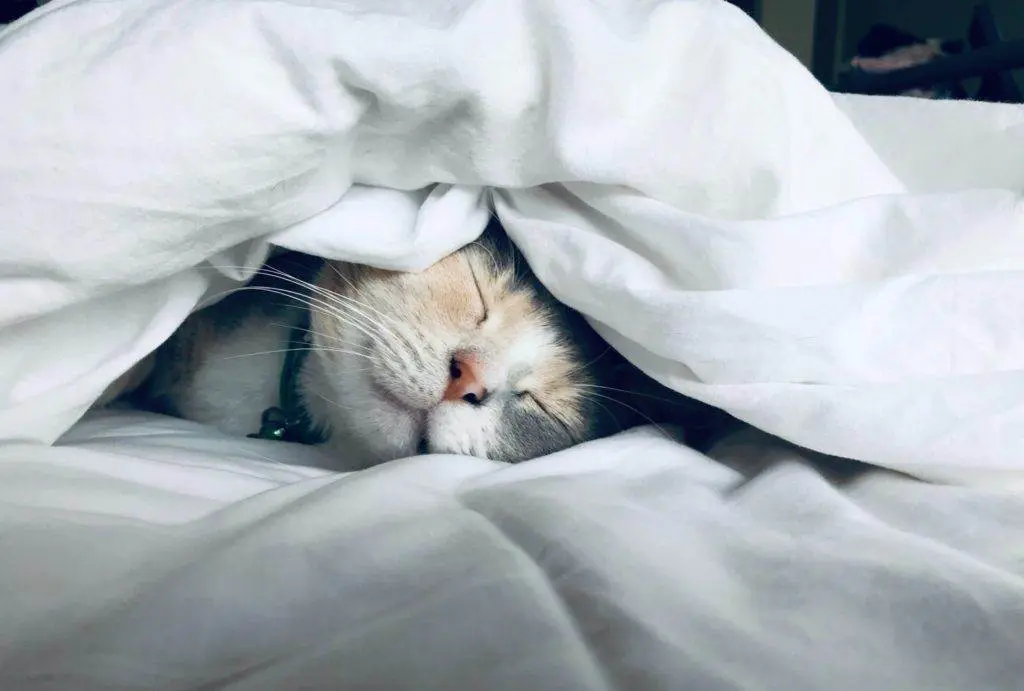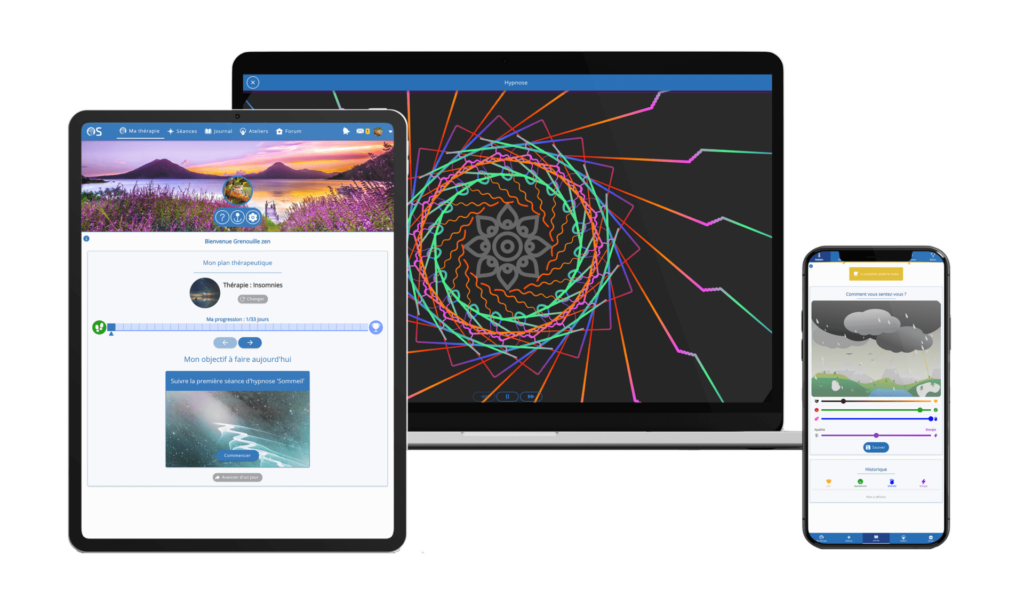Sleep is essential to our physical and mental well-being. However, many people suffer from sleep disorders such as insomnia, restless sleep and sleepwalking. Hypnosis is an effective technique for improving the quality of our sleep. In this article, we'll explore how hypnosis can help you sleep better and offer some tips on how to sleep better with hypnosis.

Understanding hypnosis :
Hypnosis is a therapeutic technique that uses an altered state of consciousness to access the unconscious mind. When a person is under hypnosis, they are in a state of deep relaxation and heightened concentration. This makes it possible to bypass the barriers of consciousness and work directly with the unconscious to achieve goals such as better sleep.
How hypnosis improves sleep:
Hypnosis can help you sleep better in a number of ways. Firstly, it can help reduce anxiety and stress, which are often contributing factors to sleep disorders. When we are under hypnosis, we can achieve a state of deep relaxation, which helps reduce anxiety and stress.
What's more, hypnosis can help modify sleep habits. For example, if a person has a habit of going to bed late, hypnosis can help reprogram the unconscious mind to go to bed earlier. Similarly, if a person has a habit of waking up several times during the night, hypnosis can help reprogram the unconscious to sleep deeper and longer.
Finally, hypnosis can help improve sleep quality by enhancing the ability to relax and fall asleep more easily. By working with the unconscious mind, hypnosis can help induce a deep, restorative sleep state.
Tips for better sleep with hypnosis :
- Follow your Opensynaps hypnosis program dedicated to sleep: Simply find a quiet, comfortable place to relax, close your eyes and concentrate on your breathing. Then you can follow our personalized artificial intelligence sessions right in your bed. Follow your first session.
- Avoid stimulants: Avoid stimulants such as caffeine, alcohol and nicotine before bedtime, as they can disrupt your sleep. It's also important to avoid eating a large meal before bedtime.
- Establish a sleep routine: Establish a regular sleep routine by going to bed and waking up at the same time every day, even at weekends. This will help regulate your biological clock and improve the quality of your sleep.
- Create a sleep-friendly environment: Create a comfortable sleep environment by using comfortable pillows and blankets, adjusting the room temperature and eliminating distractions such as excessive light and noise. It can also be helpful to use relaxation techniques such as meditation and deep breathing to help you unwind before sleep.
- Be patient: It's important to remember that the results of hypnosis can take time to manifest themselves. It may be necessary to practice hypnosis regularly for several weeks or months before seeing significant results. Be patient and persevere in your practice.

Conclusion: How to sleep better with hypnosis and artificial intelligence
In conclusion, hypnosis is an effective technique for improving the quality of our sleep by reducing anxiety and stress, modifying sleep patterns and improving sleep quality. By following the above tips for sleeping better with hypnosis, you can dramatically improve your sleep and your physical and mental well-being. Remember to be patient and persistent in your hypnosis practice to see significant long-term results.
Test your AI-generated hypnosis program now on our app: https://app.opensynaps.com














































